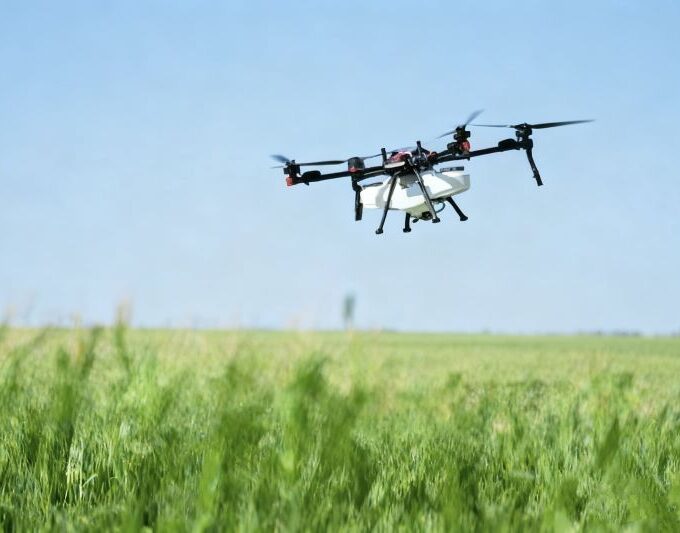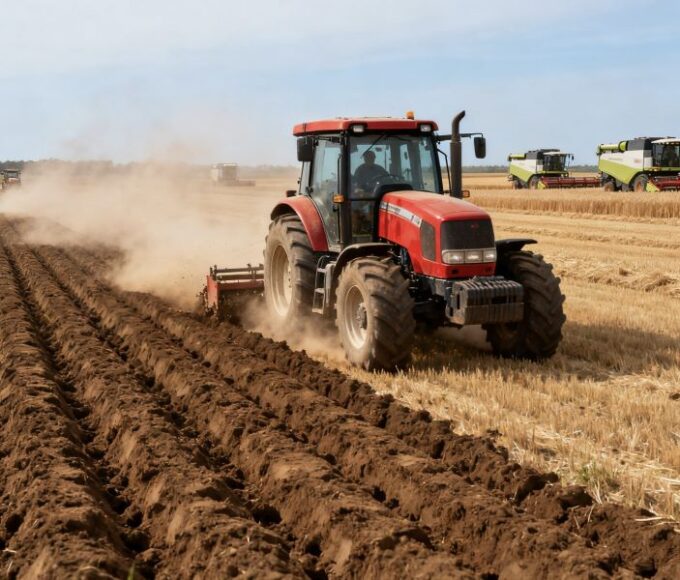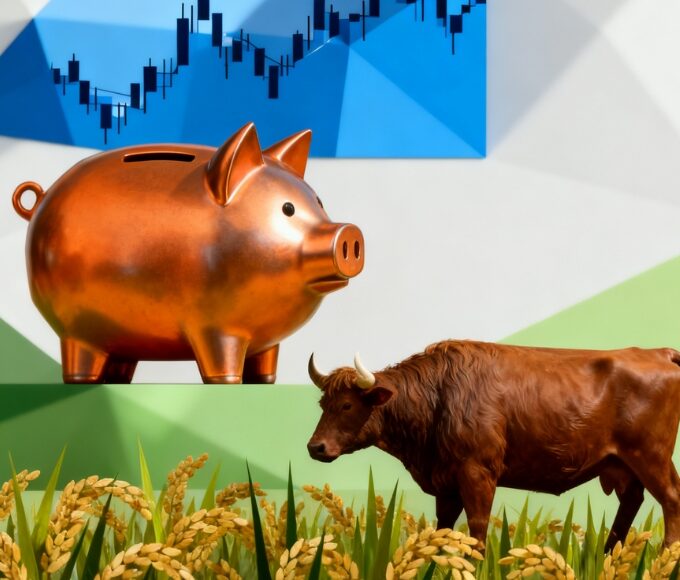Global coffee bean prices are continuing to soar, and coffee prices have doubled in the past year. In the global agricultural market, the price of ordinary coffee beans has more than doubled in the past year, but growers are not celebrating. Due to surging production costs and unstable climate, coffee growers in coffee-producing countries such as Honduras are worried that even if coffee bean prices soar, their income this year may be less than last year.
Reasons for Rising Coffee Bean Prices
For some time, the main reason for the rise in coffee bean prices has been that climate change has disrupted agricultural production in many places. Brazil has been struggling with the worst drought in 70 years, which has led to water shortages and crop failures. Vietnam has ushered in typhoons and floods after months of drought. The two countries are the world’s largest coffee producers, accounting for 56% of the global supply. According to the Brazilian Ministry of Agriculture, Brazil’s Arabica coffee production this year will fall 12.4% from last year.
At the same time, changing regulations have also added uncertainty, and a new EU law forces producers, including coffee, to prove that they have not cut down trees in their production activities. Although large commodity producers successfully lobbied the EU to postpone the law until next year, some roasters stockpiled coffee beans before the law came into effect, increasing global demand for coffee beans and pushing up prices.
Concerns of Practitioners
Against the backdrop of soaring coffee prices, some coffee growers in Honduras have considered increasing the area of cultivation, but it takes three years for a newly planted coffee tree to produce the first batch of fruits. Due to many external factors, coffee farmers believe that the trend of coffee prices is full of uncertainty, so they have no confidence in expanding planting. And they are worried that high prices may prompt some coffee lovers to reduce coffee consumption. Singhal, a doctor at Lancaster University in the UK, said that coffee growers will not easily adjust production according to price changes, and price instability directly translates into uncertainty in their income.
Most practitioners believe that coffee bean prices have not yet reached their peak and there is no turning point. “The price will continue to rise, possibly to 450 or 480 (cents/pound) It will fluctuate between 400 and 460 in the future, and it is unlikely to be below 400.” Yisheng bean traders estimated. This high level will last for about 3 years. When the newly planted coffee fruits enter the production season and there are more fresh fruits, there will be a certain room for price reduction.
There are also a small number of practitioners who believe that there may be a turning point after the third quarter of this year. It is unlikely to fall in a short period of time. There may be a turning point in September and October, because coffee is considered a livelihood beverage in the world, and the market rules will fall to a certain extent. The rise in futures this time is partly due to natural disasters, but it is difficult to rule out artificial speculation, so there is another risk that once the price falls, it may fall rapidly. Beans usually take 3 to 5 months to arrive. If bean traders buy them at a high point, it will be even worse to sell them when the price falls.

Conflicts Among Stakeholders in the Coffee Supply Chain
Generally speaking, most of the profits in the coffee industry chain are mainly attributed to coffee roasters. Their income has increased with the soaring price of coffee beans, and many coffee growers have failed to get a bigger share of it. From August to October 2024, the retail sales of coffee in the United States of American food company J.M. Smucker increased by 3%, with a profit margin of more than 28%. The company’s executives said that the cost of rising coffee beans can be easily passed on to consumers.
As prices rise, conflicts among stakeholders in the coffee supply chain have begun to emerge. A sharp rise in coffee prices has triggered a dispute between Dutch supermarkets and JDE Peet’s, the parent company of coffee brand Douwe Egberts. Negotiations over who should bear the cost surge have reached an impasse, and many supermarkets have stopped stocking the company’s products. Negotiations between JDE Peet’s and Dutch supermarkets focus on setting coffee prices for the coming year. As coffee is a necessity for many Dutch families, retailers are reluctant to pass on the sharp price increases to consumers. Only 20% of the money consumers pay for coffee goes to coffee producing countries. In order to change this unfair distribution problem, some specialty coffee shops have begun to try to purchase coffee directly from coffee growers.












